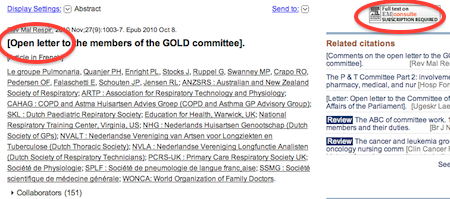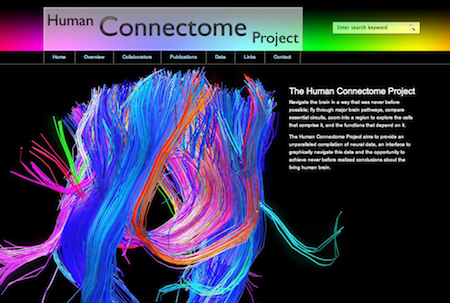Only recently, I discovered a book of Mathias Binswanger on wasteful competition in science where he details (in German)
Die heutigen gesellschaftlichen Ideale kommen in abstrakten Begriffen wie „Effizienz“, „Exzellenz“, „Leistung“, „Markt“, „Wettbewerbsfähigkeit“, „Innovation“ oder „Wachstum“ zum Ausdruck und in unzähligen Wettbewerben versuchen wir uns gegenseitig mit diesen Idealen zu übertrumpfen. Immer noch effizienter, noch exzellenter, noch wettbewerbsfähiger und noch innovativer muss man werden, auch wenn man in Wirklichkeit gar nicht so genau weiß, warum und wozu. In unserer gründlich durchsäkularisierten Gesellschaft, sind diese Begriffe zu den letzten, nicht mehr zu hinterfragenden Werten geworden, denen zu dienen unser höchstes Ziel ist. Ein anständiger Bürger fragt nicht weiter, warum es immer mehr Wettbewerb oder mehr Wachstum braucht.
and a nice example
Während der Kolonialzeit hatten die Franzosen in Hanoi (Vietnam) mit einer Rattenplage zu kämpfen. Um deren Zahl zu reduzieren, beschlossen sie, den Bewohnern von Hanoi für jeden abgelieferten
Rattenpelz eine Prämie zu bezahlen. Das Resultat dieses künstlich inszenierten Wettbewerbs: Die Bewohner von Hanoi begannen damit, Ratten zu züchten, was die Rattenplage wesentlich verschlimmerte. Mit andern Worten: der messbare Indikator (Zahl der abgelieferten Rattenpelze) stand bald einmal in einer negativen Korrelation zur tatsächlich erwünschten Leistung (Reduzierung der Zahl der Ratten), was zu einem perversen Anreiz führte.


